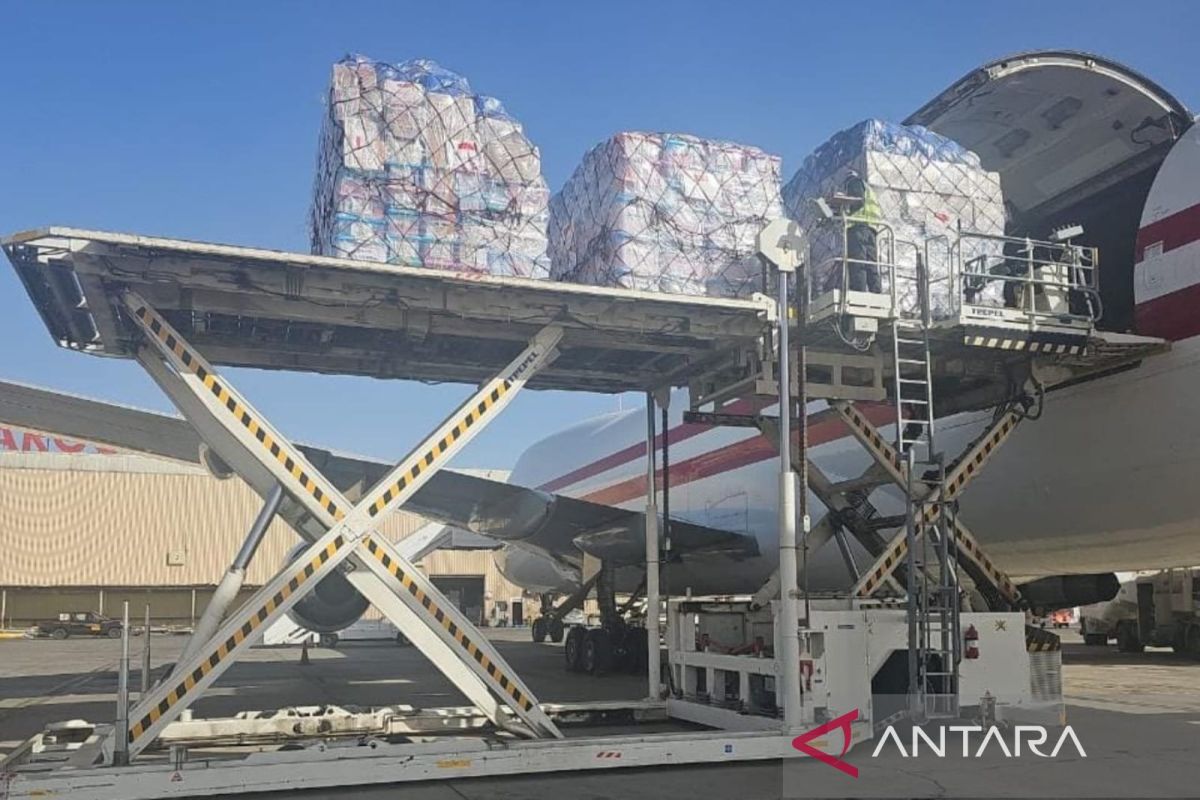President el-Sisi’s plan includes exchanging four Israeli captives held in Gaza for Palestinian prisoners in Israeli jails.
Published On 28 Oct 2024
Egyptian President Abdel Fattah el-Sisi has proposed a two-day truce in Gaza that would potentially pave the way for a long-term ceasefire, as Israel’s genocide has killed more than 1,000 Palestinians in the northern areas of the Strip in less than a month.
El-Sisi’s proposal, which includes exchanging four Israeli captives held in Gaza for Palestinian prisoners in Israeli jails, came as thousands of trapped civilians endure relentless Israeli attacks that have killed at least 50 people, including five journalists, since Sunday.
At a news conference in Cairo on Sunday, el-Sisi said the 48-hour lull in fighting and prisoner exchange would be followed by more talks in the next 10 days, with the hope that negotiators could hammer out a peace deal.
Out of 251 captives seized by Hamas during the October 7, 2023 attack inside the Israeli territory, 97 are believed to be still held in Gaza, including 34 the Israeli military claims are dead. More than 100 captives were released during a weeklong truce last November.
El-Sisi did not say whether the plan had been formally presented to either Israel or Hamas. But efforts to defuse the conflict have resumed in the Qatari capital of Doha with the directors of the CIA and Israel’s Mossad taking part.
There was no immediate comment from Israel or Hamas on the plan.
Egypt, alongside Qatar and the United States, has for months been mediating indirect talks with little success. Among the key issues preventing a breakthrough has been Hamas’s insistence that Israel withdraw completely from Gaza, which Israeli officials have repeatedly rejected.
 Palestinians gather to buy bread from a bakery in Khan Younis in southern Gaza [Mohammed Salem/Reuters]
Palestinians gather to buy bread from a bakery in Khan Younis in southern Gaza [Mohammed Salem/Reuters]On Sunday, Israeli Defense Minister Yoav Gallant said “painful concessions” would be needed in negotiations, and that military action alone would not achieve the country’s war aims.
Al Jazeera’s senior political analyst Marwan Bishara said with the US, Egypt and Qatar involved in the negotiations, “there is a chance for Israeli Prime Minister Benjamin Netanyahu to get something more today than what he would have gotten back in June.”
But Bishara added that it is “unclear” if negotiations would result in a deal this time, saying “the continuation of the war is important” to Netanyahu “politically and personally”.
Meanwhile, Al Jazeera correspondents in Gaza on Monday said the latest Israeli attack on a group of people in the Shujayea neighbourhood of Gaza City in the north of the Strip has killed at least three people. Another Palestinian was killed in a separate Israeli attack in central Gaza’s Nuseirat refugee camp, according to the Wafa news agency.
Earlier, Wafa reported that Israeli forces hit the Asma School housing displaced Palestinians in the Shati refugee camp in northern Gaza, killing at least 11 people, including three journalists.
In all, at least 53 people were killed by Israeli raids across Gaza on Sunday and early Monday, most of them in the north.
Gaza’s Government Media Office said the five journalists killed on Sunday were Saed Radwan from Al-Aqsa TV, Hamza Abu Salmiya from the Sanad News Agency, Haneen Baroud from Al-Quds Foundation, Abdul Rahman Samir al-Tanani from Sawt Al-Shaab, and Nadia Imad al-Sayed, who worked for multiple media outlets.
Their killing brings to at least 170 the number of journalists killed in Gaza since October 7 last year, according to the Strip’s media office. The New York-based Committee to Protect Journalists (CPJ) places the number of journalists killed in Gaza at 131.
Palestinian-American journalist Said Arikat told Al Jazeera that Netanyahu and his cabinet have no strategy on Gaza other than making the territory “uninhabitable”.
United Nations Secretary-General Antonio Guterres also expressed deep concern for the fate of Gaza’s civilians. “The plight of Palestinian civilians trapped in north Gaza is unbearable,” Guterres’s spokesman said on Sunday.
Al Jazeera’s Hind Khoudary, reporting from Deir el-Balah in Gaza, described the scene in the north in the last 24 hours as “horrifying”.
“It’s still escalating, and people are trying to reach out, crying, feeling that they’ve been abandoned, asking for food, water and medicine,” she said.
Source
:
Al Jazeera and news agencies

 3 minggu yang lalu
3 minggu yang lalu




:strip_icc():format(webp)/kly-media-production/medias/4974549/original/054761200_1729489016-Serang_Beirut_Malam_Hari__Israel_Targetkan_Cabang_Keuangan_Hizbullah.jpg)
:strip_icc():format(jpeg)/kly-media-production/medias/4974929/original/059107200_1729512961-WhatsApp_Image_2024-10-21_at_18.07.05.jpeg)

:strip_icc():format(jpeg)/kly-media-production/medias/4971251/original/027865000_1729139289-IMG_20241017_110701.jpg)

 English (US) ·
English (US) ·  Indonesian (ID) ·
Indonesian (ID) ·